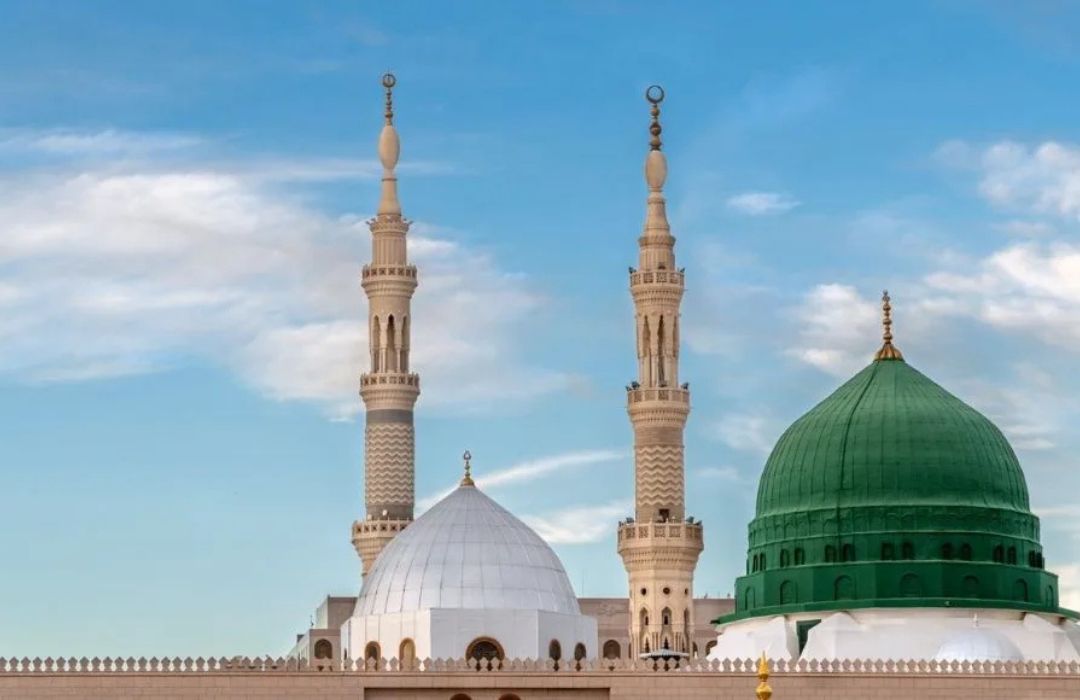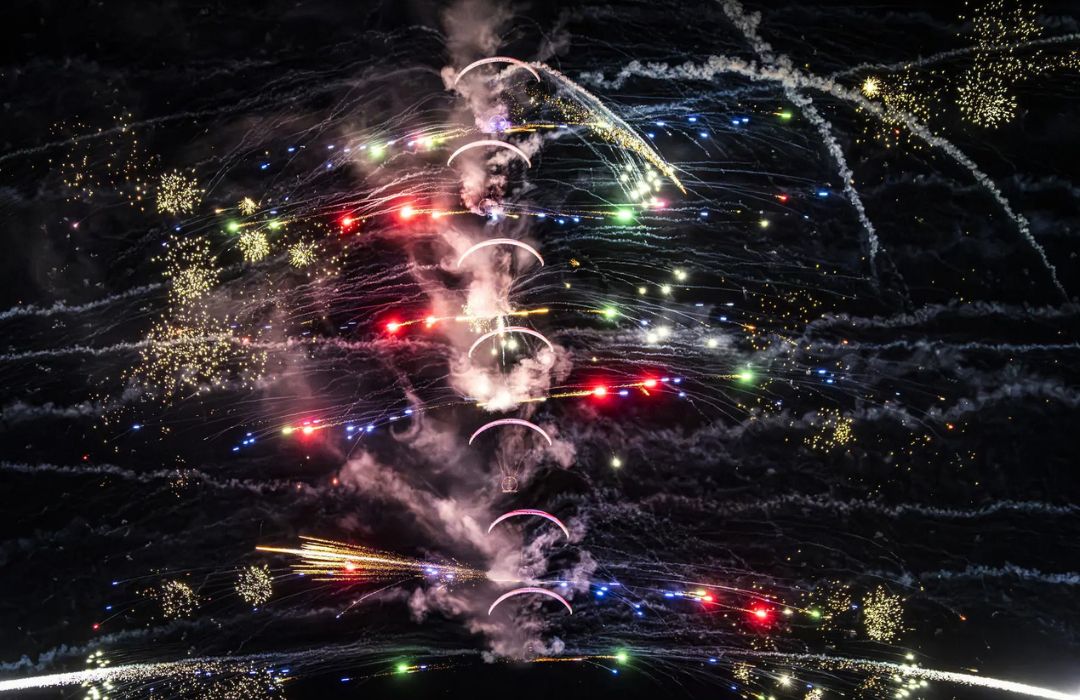









Eid is not just a festival—it is a profound spiritual experience that marks the culmination of a month-long journey of self-discipline, devotion, and personal growth. As the holy month of Ramadan comes to an end, Eid al-Fitr serves as a moment of reflection, a reminder of the sacrifices made, and a celebration of the faith that has been strengthened. It is a time to rejoice in the blessings of Allah while embracing the lessons of compassion, gratitude, and selflessness that Ramadan has instilled.
The
essence of Eid lies in its ability to bring people closer—to their Creator, to
their loved ones, and to their communities. The day begins with the special Eid
prayer, a collective act of worship that symbolizes unity and devotion. As
worshippers bow their heads in gratitude, they acknowledge the spiritual
purification they have undergone during Ramadan. This prayer is more than just
a ritual; it is a reaffirmation of faith, a moment to seek divine mercy, and a
pledge to carry forward the virtues of patience, kindness, and generosity
throughout the year.
One
of the most valuable lessons of Ramadan is self-discipline and empathy, and Eid
serves as a reminder that these values should not fade after the celebrations
end. The humility gained from fasting teaches the importance of understanding
the struggles of the less fortunate, inspiring acts of charity and kindness
beyond the month of Ramadan. Eid encourages believers to continue this spirit
of giving through Zakat al-Fitr, ensuring that those in need can also partake in
the joy of the occasion. True devotion is not confined to a single month—it is
a lifelong commitment to righteousness and compassion.
Eid
is also a time for forgiveness and new beginnings, an opportunity to mend
broken relationships and strengthen the bonds of love and friendship. Just as
Allah’s mercy is infinite, believers are encouraged to extend the same kindness
to one another. Letting go of past grievances, reconciling differences, and
embracing one another with open hearts reflect the true spirit of Eid.
Forgiveness is not just an act of kindness; it is a path to inner peace,
allowing the soul to heal and move forward with positivity.
Beyond
its religious significance, Eid is a celebration of togetherness. Families come
together to share meals, laughter, and heartfelt moments, while communities
unite in the spirit of joy and harmony. The streets are alive with color,
markets bustle with excitement, and homes are filled with the warmth of
hospitality. The tradition of Eidi, where elders gift money or sweets to
children, adds to the happiness of the day, making Eid a cherished occasion for
people of all ages.
As
the crescent moon signals the arrival of Eid, it brings with it a message of
hope, renewal, and faith. It is a reminder that spirituality is not just about
worship, but about embodying the values of kindness, generosity, and
forgiveness in everyday life. Eid is not just a day of celebration—it is a
promise to carry the light of Ramadan in our hearts all year long.


